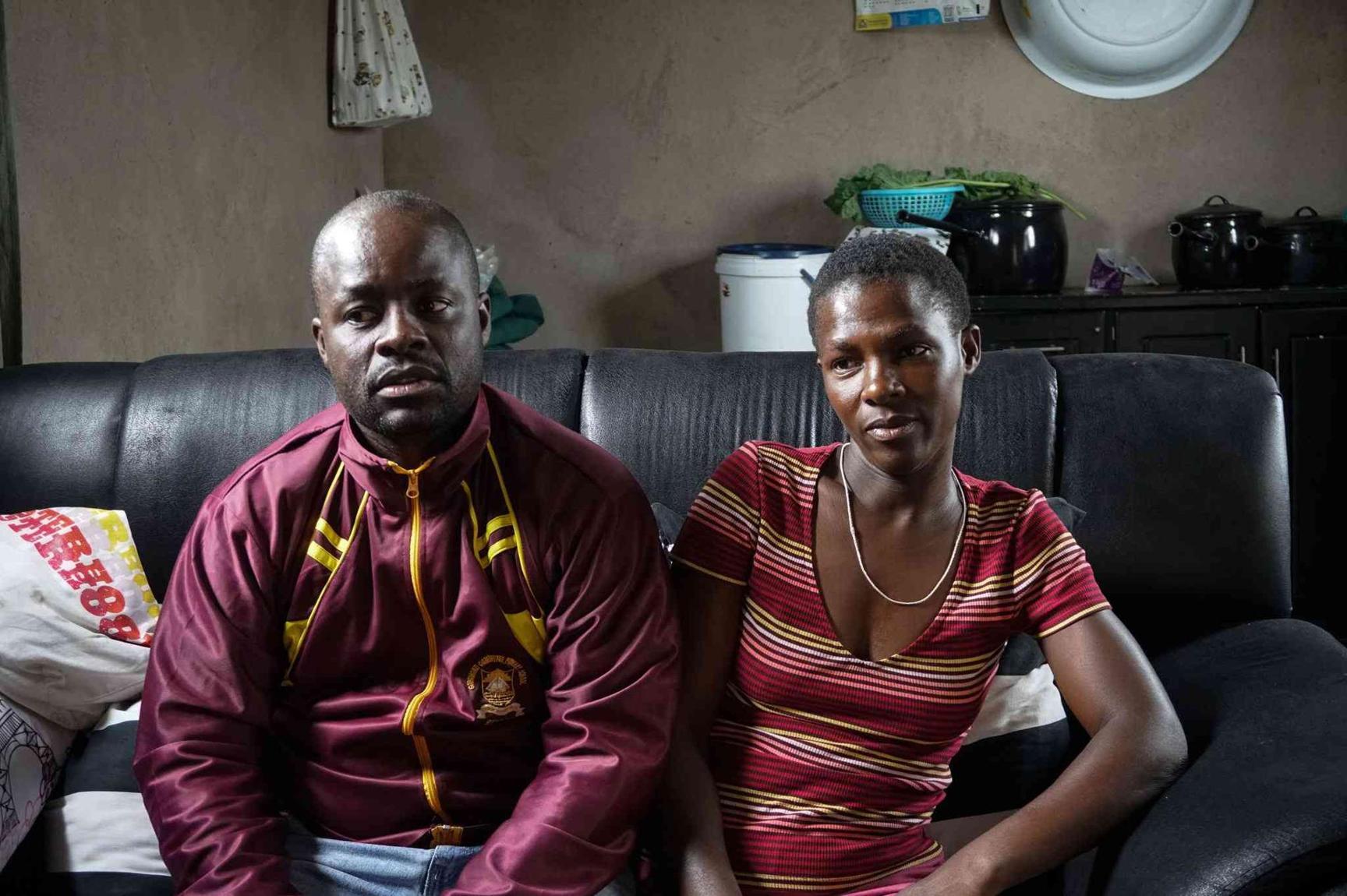Africa-Press – Zimbabwe. GOROMONZI DISTRICT, ZIMBABWE — Darlington Mutakura struggled with the Goromonzi district’s housing system for almost 20 years. With a dream of owning a
house someday in this semi-urban area near Harare, he faithfully paid his US$13 annual fee on the Rural District Council’s waiting list for a decade after moving to the
area in 2007.
Finally, hope came, not from the council but his sister. She had long ago acquired some land from traditional leaders in her village in the area, about a half-hour’s drive east of Harare. From that, she carved out a portion for him.
In 2017, Mutakura built a small two-room cottage on the land and at last thought that he wouldn’t have to pay rent anymore.
But five years later, council officials slapped him with an official letter: “Notice to reorganise the illegal settlement and payment of penalty fees.”
Mutakura wasn’t the only resident to receive this letter. The council letter threatened to demolish structures and relocate households for what it called proper planning of the area. The council considered Mutakura and others who obtained land through the traditional system to be “illegal settlers.”
The traditional method of land acquisition, like Mutakura’s, is deeply woven into Zimbabwe’s rural traditions, and protected by law. Still, he and others were each
charged a penalty of US$1,500. Some village heads, including Christopher Tafirenyika, warned their villagers not to pay the penalties because the council had not engaged village leaders and it was unclear what the money was for.
That warning rang true for Mutakura, who ended up paying the fine but still doesn’t know whether he’ll be able to stay on the land that he says he acquired legally.
“It doesn’t make sense to pay a 1,500-dollar fine and still own nothing,” he says.
As the region transitions from rural to urban, traditional land distribution systems face increasing pressure, creating conflicts over land ownership. Steep penalties like
those imposed in the Goromonzi region come to communities already struggling with increasing economic instability.
A US$1,500 fine is beyond the reach of many who live in this area. According to the latest available data, the average monthly household income in rural Zimbabwe in
2024 was US$88, a drop from US$116 in 2023.
Even if a settlement is deemed illegal, a national law sets the penalty at US$300 or up to a year in jail. Nowhere does it authorize a US$1,500 charge.
A delicate balance Across rural Africa, land traditionally passes through inheritance, customary allocations, or local purchase, and these processes have been led by traditional village leaders.
Land is not individually owned, but held collectively according to traditional practices and lineage, with access regulated by the community’s customary rule,
says Dzikamai Bere, national director of Zimbabwe Human Rights Association.
According to the 1998 Traditional Leaders Act, chiefs and headmen oversee settlement rights and are also responsible for admitting new settlers in the areas
they manage. Additionally, all land allocation and subdivision should be done with the approval of the village head.
Traditional leaders have always had the main authority to distribute land, following customary rules while working with the local government council. The council
officially grants land use rights but — under the Communal Lands Act that codifies these unwritten rules — the government body must work with traditional leaders
and respect local customs.
This delicate balance between tradition and government once ruled rural land rights in Zimbabwe.
“[In the 1980s], the village court would meet and find a place for someone who needed land. We’d take the matter to the chief, discuss it with other men in the
village, make sure we respected land boundaries, and then register with the rural district council under the chief’s instruction,” says Tafirenyika.
But around the early 2000s, Tafirenyika says he watched this system begin to crumble. Land management in Zimbabwe underwent significant changes due to
the government’s fast-track land reform program, which aimed to redistribute land from white commercial farmers to black Zimbabweans, particularly those living in
communal areas managed by traditional leaders.
Tafirenyika says the Rural District Council now allocates land in Goromonzi, and traditional leaders are powerless — even though the laws that allow people to obtain
land through the traditional route have not changed.
Mirriam Kwenda, 70, inherited her land from family. After her husband died, the soil fed her three children. Now it’s vanishing before her eyes. She says that part of what
was her farmland is now subdivided into housing that the council is selling.
“Now the council pegged all the land, and I don’t know which one is mine,” she says.
And Mutakura worries about whether he’ll have anything to leave for his children.
“We are living a borrowed life, a life of fear,” he says.
For More News And Analysis About Zimbabwe Follow Africa-Press






